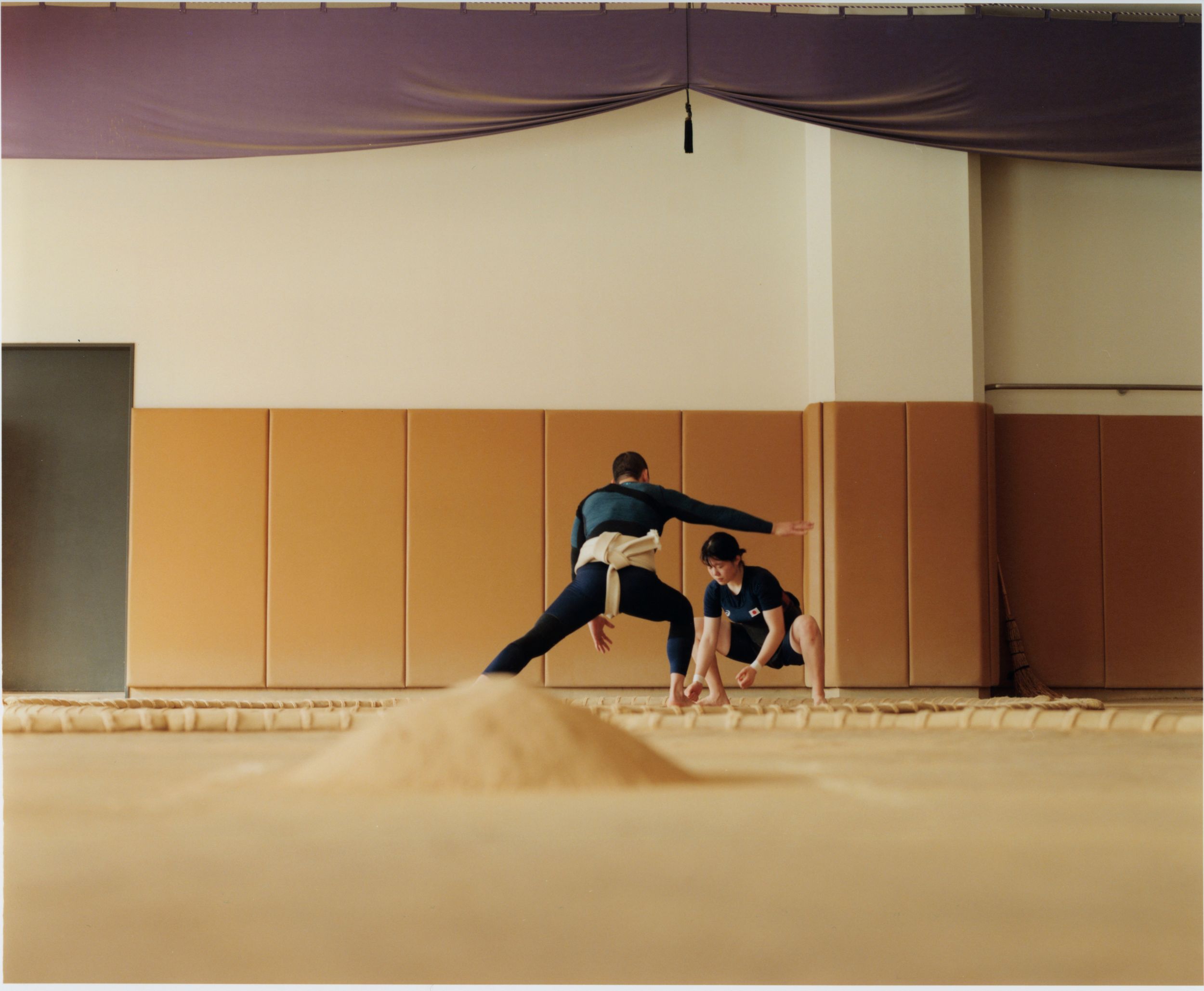Partners
: Work
As the Paris Olympics approached, I heard that sumo was one of the sports gaining attention as a potential addition to the Games. Living in Japan, we often view sumo more as a tradition or part of the culture rather than just a sport. The most famous and prestigious sumo tournaments held around the world are called O-zumo, featuring only male wrestlers. When the sumo season begins, matches are broadcast on TV from noon to evening—it’s a familiar presence and a deeply rooted part of life in Japan. At the same time, most people likely assume that sumo is something only men do. But what if we viewed sumo purely as a sport?
That’s when I looked into women’s sumo. There are around 2,000 female sumo wrestlers across Japan, united by their genuine love for the sport. Importantly, they don’t want to disrupt the legacy of O-zumo, which remains traditional, cultural, and male-only. Instead, they simply want sumo to be recognized as a sport that transcends gender—so that women, like men, can continue pursuing what they love. Not only by competing, but also by supporting and watching other women collide powerfully in the ring, as true sumo fans.
These are portraits of people who, I hope, are paving the way for sumo to one day become an Olympic sport.
PHOTOGRAPHY by Stefan Dotter EDIT, INTERVIEW by Takuhito Kawashima, Megumi Koyama
Just before the Paris Olympics, this story about female sumo wrestlers was published in the French journal Revue. Originally, the project was meant to focus on just one female sumo wrestler. But after discussing it with photographer Stefan Dotter, we decided to broaden the scope—interviewing female sumo wrestlers of all ages from across Japan. From elementary school students known for their acrobatic style of sumo to physical education teachers who spend their days off training the next generation and competing as sumo wrestlers, we heard the same simple answer again and again: “I do it because I love sumo.” It’s such a clear, honest, and powerful reason.